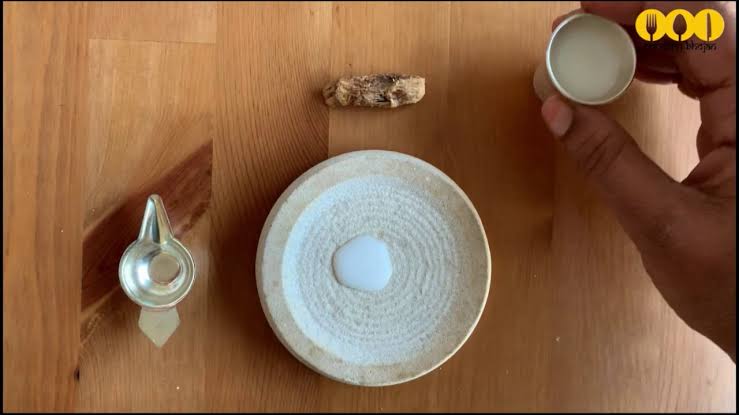The definition I'll go with is that it's the actions people take to advance the things they care about in the workplace.
Do you struggle with "office politics," like when Colleague got a promotion because they seem to have the same hobbies as the boss?
Do you have no idea how to play the game?
Do you recoil at the very word?
Then this thread is for you 👇
The definition I'll go with is that it's the actions people take to advance the things they care about in the workplace.
1) The company hitting its goals
2) The success of one's projects and initiatives
3) A promotion
4) A plum assignment or leadership role
4) A change in workplace culture, values or process
5) The advancement of a colleague / group of people
6) Personal reputation
Office politics has a negative connotation but is simply another manifestation of humans being complicated and having multiple, sometimes conflicting desires.
1) there is clear hierarchy + power dynamic (ceos, managers, etc)
2) how we perform at work impacts our self-esteem, identity, and ability to sustain ourselves
3) we spend 1/3+ of our waking hours in our workplace
For example, both of us are angling for one leadership role, or there's a fixed budget and I'm hoping my project gets more, which means yours gets less.
Someone (usually a sr manager) has to make a call.
1) I'm disappointed but accepting of the decision
2) I'm upset bc the decision-maker was unqualified
3) I'm irate bc the criteria was wrong/unfair
1) Ensure that you know how your manager + their managers define success. Ask in 1:1s if this is not clear.
2) Make sure your manager understands how *you* define success.
3) ...
4) Continually hone your communication skills. It is a key advantage.
5) ...
6) Ask yourself: did the decision-maker intend to do what they thought was best for the org?
7) If 6 is yes, ask yourself: do I trust the decision-maker's abilities and their values?
Otherwise, make sure your perspective has been heard, and trust in the process. Don't take the decision personally. Disagreement isn't a bad thing; we all learn from it.
1) Walk the walk + talk the talk in putting the company's goals above your personal goals
2) Create transparency around the process ahead of a decision. Eg what is the criteria for promotion?
3)..
More from Life
Like company moats, your personal moat should be a competitive advantage that is not only durable—it should also compound over time.
Characteristics of a personal moat below:
I'm increasingly interested in the idea of "personal moats" in the context of careers.
— Erik Torenberg (@eriktorenberg) November 22, 2018
Moats should be:
- Hard to learn and hard to do (but perhaps easier for you)
- Skills that are rare and valuable
- Legible
- Compounding over time
- Unique to your own talents & interests https://t.co/bB3k1YcH5b
2/ Like a company moat, you want to build career capital while you sleep.
As Andrew Chen noted:
People talk about \u201cpassive income\u201d a lot but not about \u201cpassive social capital\u201d or \u201cpassive networking\u201d or \u201cpassive knowledge gaining\u201d but that\u2019s what you can architect if you have a thing and it grows over time without intensive constant effort to sustain it
— Andrew Chen (@andrewchen) November 22, 2018
3/ You don’t want to build a competitive advantage that is fleeting or that will get commoditized
Things that might get commoditized over time (some longer than
Things that look like moats but likely aren\u2019t or may fade:
— Erik Torenberg (@eriktorenberg) November 22, 2018
- Proprietary networks
- Being something other than one of the best at any tournament style-game
- Many "awards"
- Twitter followers or general reach without "respect"
- Anything that depends on information asymmetry https://t.co/abjxesVIh9
4/ Before the arrival of recorded music, what used to be scarce was the actual music itself — required an in-person artist.
After recorded music, the music itself became abundant and what became scarce was curation, distribution, and self space.
5/ Similarly, in careers, what used to be (more) scarce were things like ideas, money, and exclusive relationships.
In the internet economy, what has become scarce are things like specific knowledge, rare & valuable skills, and great reputations.
You May Also Like
In ancient times, our grandparents used to follow typical natural way of caring the needs of a child. All they used were more of natural products than chemical based for the growth of child.

One of major step followed was to feed Gurbach Jadd/ Vasa Kommu/ Acorus Calamus for initiating good speech ability in a child. This stem was needed to babies on Tuesdays and Sundays in mother's milk.
Vasa is feed to baby after the 1st bath on 12th day in week. Weekly only thrice it is fed and named as :
Budhwar - Budhi Vasa
Mangalwar - Vaak Vasa
Ravi Vaar - Aayush Vasa
This stem is burnt and rubbed against the grinding stone in mother's milk or warm water to get a paste

The procedure to make it is in the link
https://t.co/uo4sGp7mUm
It should not be given daily to the child. Other main benefits are
1. It clears the phlegm in child's throat caused due to continuous milk intake. It clears the tracts and breathing is effortless.
2. Digestion
For children who haven't got their speech and is delayed than usual should feed this vasa on these days in week atleast for 6months. Don't get carried away with this dialogue
"Some gain speech little late"














